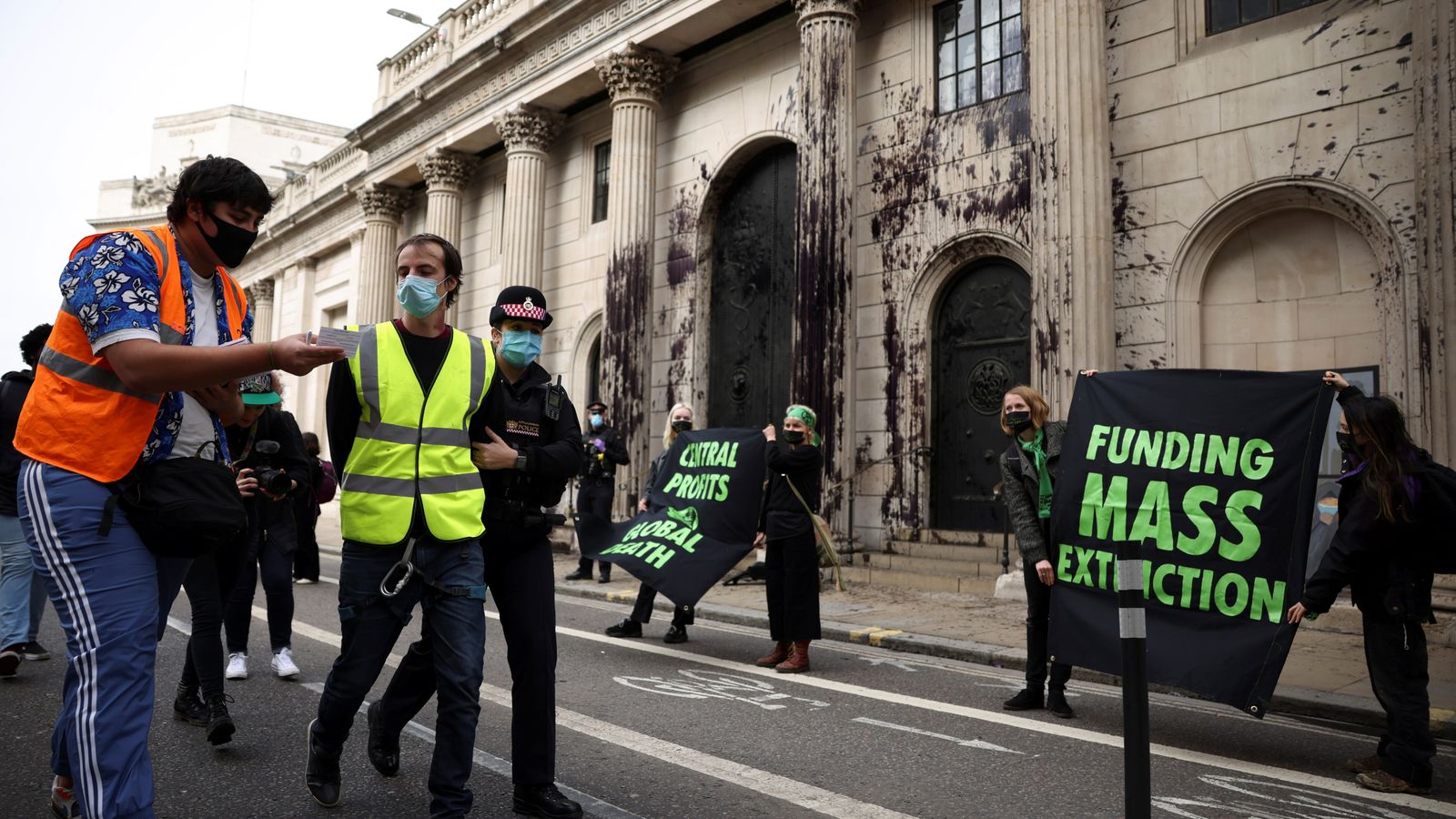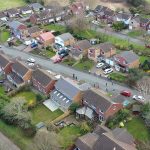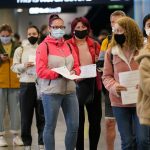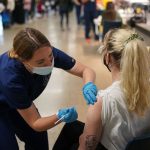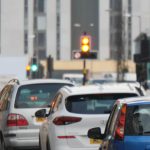Thousands of police officers will receive public order training in the run-up to the COP26 climate change talks in November, Police Scotland have announced.
World leaders will gather in Glasgow for the UN summit to discuss emissions targets and climate finance.
Sir David Attenborough has called the talks the world’s “last chance” to prevent runaway climate change, and they are expected to be the subject of large demonstrations.
About 10,000 officers from around the UK will police each day of COP26, making it one of the biggest operations of its kind in Britain.
Beforehand, 2,500 officers will receive specialist training that equips them to deal with spontaneous or planned public order or public safety situations, such as protests.
Police Scotland said it would take a human rights-based approach to policing any demonstrations during COP26, with de-escalation a key tactic.
A senior officer said the force was already engaging with protest groups about peaceful demonstrations.
Deputy Chief Constable Will Kerr said: “Police Scotland is a rights-based organisation that puts our values of integrity, fairness, respect, and a commitment to upholding human rights at the heart of everything we do.
“This means that we will protect the rights of people who wish to peacefully protest or counter-protest at COP26, balanced against the rights of the wider community.
“We will provide a proportionate policing response to any protests and are already engaging with known protest groups to ensure their rights to peaceful assembly and protest are met.”
Subscribe to ClimateCast on Spotify, Apple Podcasts, or Spreaker.
He said Police Scotland was “unlikely” to deploy undercover officers, and if it did “the accountability regime in the use of those tactics” would be “incredibly and rightly onerous”.
Quan Nguyen, Scotland coordinator of the COP26 Coalition, which is organising protests in Glasgow on 6 November and elsewhere, said: “Protest and dissent are vital to a healthy democracy, and are how human rights and justice have always been won the world over.
“Without protest, the political will to act is just not there. The rights to protest, freedom of assembly and freedom of expression are protected rights which the police have a legal duty to defend.”
One activist yet to decide if they’ll be heading to Glasgow is Greta Thunberg. She has said she’ll only travel if it’s “considered safe and democratic” – including ensuring participants from poorer countries are fully vaccinated.
And asked if she believed Scotland was a world leader on climate change, as its government claims, Thunberg told the BBC: “No… I mean, there are some countries that do a bit more than certain others, but then if we look at it from a broader perspective then I think we can safely say there are no countries – at least in the global north – that are even doing close to what would be needed.”
Please use Chrome browser for a more accessible video player
The announcement comes as Extinction Rebellion protests in London enter their second week.
The demonstrators are targeting the City of London, where they say “the financial industry is bleeding the Earth dry” through fossil fuel finance.
The Metropolitan Police confirmed it spent more than £50m policing Extinction Rebellion protests in 2019 and 2020.
